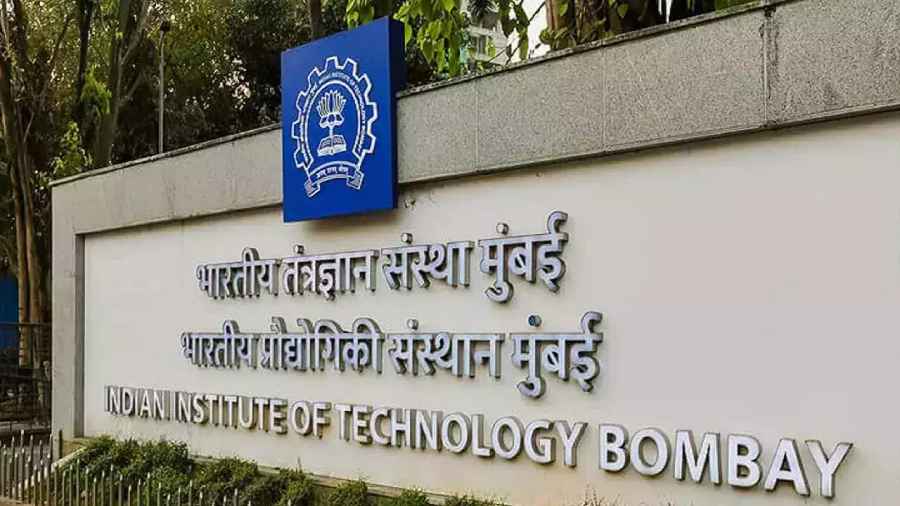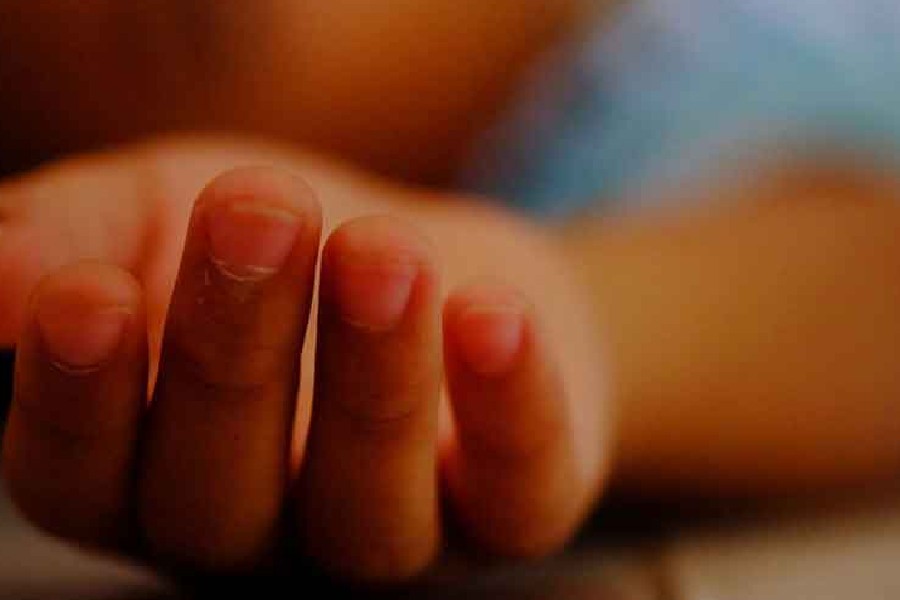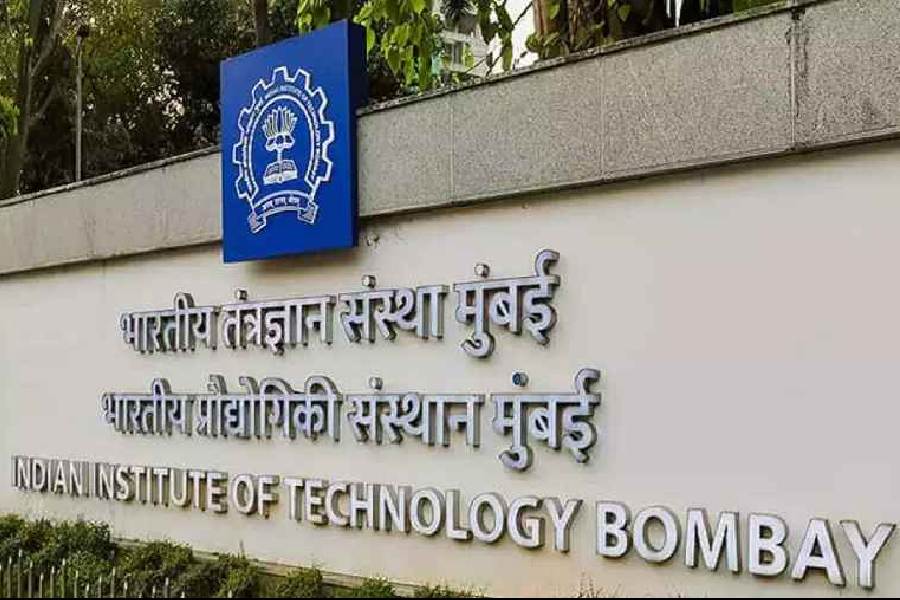An internal committee set up by IIT Bombay to probe the death of Dalit student Darshan Solanki has in an interim report ruled out caste discrimination while suggesting poor academic performance as a possible reason for his suicide.
It has also effectively absolved the institute, refraining from commenting whether it has an adequate mechanism to support and counsel depressed or stressed-out students, and saying that Darshan had not complained about stress.
A former IIT student working on the welfare of Dalit and tribal students at the premier tech schools suggested that an independent committee with mental health experts ought to have probed the matter for better depth and transparency.
The IIT on Monday shared the interim report of the 12-member committee, headed by chemistry professor Nand Kishore, with students and faculty members.
The committee spoke to 79 people including Darshan’s friends, family, teachers and teaching assistants (TAs) — usually senior students assigned to help juniors cope with the challenges of IIT life.
Darshan’s academic performance had worsened in the second half of the autumn semester. He began skipping classes — possibly because he found it difficult to understand the lectures — and hinted at leaving the institute, the committee has said on the basis of its interactions. Nor could Darshan bond with other students.
It appears he felt isolated because of his poorer JEE rank (a challenge common to quota candidates), his unfamiliarity with computers, and a language barrier, the report says without explanation.
A friend of Darshan had told reporters after the February 12 suicide that the young man had complained of caste discrimination. But the committee says that none of those who deposed before it cited any specific incident.
Darshan’s sister told the panel that he used to complain about caste-based issues but did not mention any particular incident, the report says.
Members of student groups such as the Ambedkar Periyar Phule Study Circle and the Ambedkerite Students Collective appeared before the committee and highlighted instances of caste discrimination on the campus. But they did not know whether Darshan had faced any such issues, the report says.
Darshan had planned to go out shopping on February 12, his father having sent him money.
“The committee has no information on what happened in the time span after the telephone calls with the family (that day) and before the tragic incident,” the report says.
After spelling out Darshan’s full name at the beginning, the report subsequently refers to him as “DS”.
“In (the) absence of call details, forensic analysis of phone/ laptop, and the post-mortem report of DS, the committee at present cannot arrive at a final conclusion on what actually triggered DS to take this extreme unfortunate step,” it says.
It’s unclear why the post-mortem report was not available, nor how it would have helped establish the reason for the suicide.
Dheeraj Singh, former student of IIT Kanpur and IIT Kharagpur and a social activist who mobilises alumni and faculty for the welfare of Dalit and tribal students, said the committee should have had external members and experts on suicide or mental health.
“The committee says that poor academic performance in the IITs is a suicide risk, which is an admission that the risk of suicide is very common among IIT students because of the pervasive academic stress,” he said.
He said 20 to 25 per cent IIT students perform poorly and should therefore count as suicide risks. He doubted whether the institutes have an adequate mechanism to deal with so many vulnerable students.
Rajeev Kumar, a professor at JNU’s School of Computer and System Sciences, said the IITs need to install a system to identify weaker students within the first month of admission and provide measures to help them cope.
“The first semester was squeezed into three months from the normal four-and-ahalf months (because of delays in the admission process last year). The student (Darshan) was weak and could not assimilate with other students,” Kumar said.










